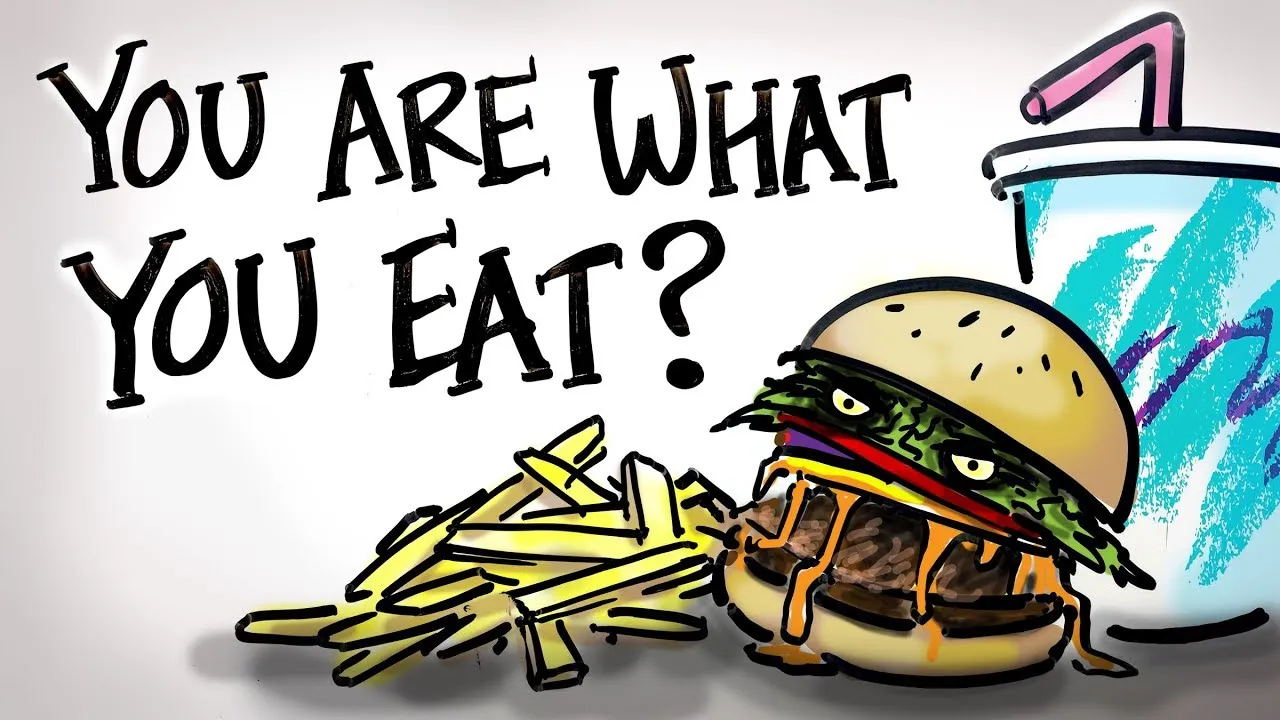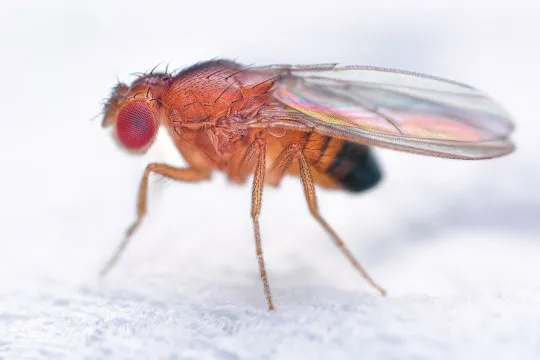Have you ever heard of the phrase: "you are what you eat"? Growing up my mother told us about a book she read about the influence of food in our lives. Needless to say, I always heard this saying growing up. I always took this as a metaphor and thought that it was a quirky way to convince us to eat healthy.
Interaction between the digestive system and the brain
A main branch of our nervous system is called the Autonomic nervous system. The autonomic nervous system is the part of the nervous system responsible for control of the bodily functions not consciously directed, such as breathing, the heartbeat, and digestive processes. Read more on this here. A main part of the Autonomic nervous system is the intrinsic, or enteric nervous system. This is specifically the part of your nervous system consists of a mesh-like system of neurons that governs the function of the gastrointestinal tract. Read more on this here.
According to the National Academy of Sciences food that enters the digestive system sends a host of interacting signals to the brain, loaded with sensory, nutritive, and other information. So in essence what we eat significantly alters what thoughts enter our mind, it can alter our mood and even bring into your mind a recollection of old memories. Food inspires and motivates, and depending on what you ate, afterwards, can depress and demotivate.
What makes you, you?
Many people that have taken on this question end up unsure about their answer in the end. In various articles online, I found that people always refer to the body, the brain and what is inside the brain (data) to define YOU. An English Philosopher John Locke (1632–1704), states that man is ‘a thinking, intelligent being, that has reason and reflection, and can consider itself as itself, the same thinking thing, in different times and places.’ In answer to the question "what makes you, you?", the best way I can describe who you are is a combination of thought of your past, present and possible future, that alters the extent to which you can reason, housed in a body that that displays the seen and unseen consequences of a prior and present combination of thought. This question is quite puzzling, and to be honest, it will send you on a wild goose chase to find out what makes you, you, and then you will still be unsatisfied with the answer. Before I fall into the trap and go off on that tangents, let's stick to the first answer as to what makes you, you. A combination of thought, housed in a body. Read more on this here.
If what makes you, you even just involves thought, and if food entering into your digestive system assists in the creation of thought, you actually are what you eat!
Why is this important?
Not only does the food we eat alter our way of thinking, it also alters our body (which some people add into the definition of what makes you, you!). I was reading this interesting article on longevity, and I came across science in its early stages, related to the digestive system, that could assist in longevity. There are not many people, if granted a healthy life, that would not want to live longer.
The following is the caption of the article that I read on Science Daily:
You are what you eat. Or so the saying goes. Science now tells us that we are what the bacteria living in our intestinal tract eat and this could have an influence on how well we age. Building on this, McGill University scientists fed fruit flies with a combination of probiotics and an herbal supplement called Triphala that was able to prolong the flies' longevity by 60 % and protect them against chronic diseases associated with aging.

